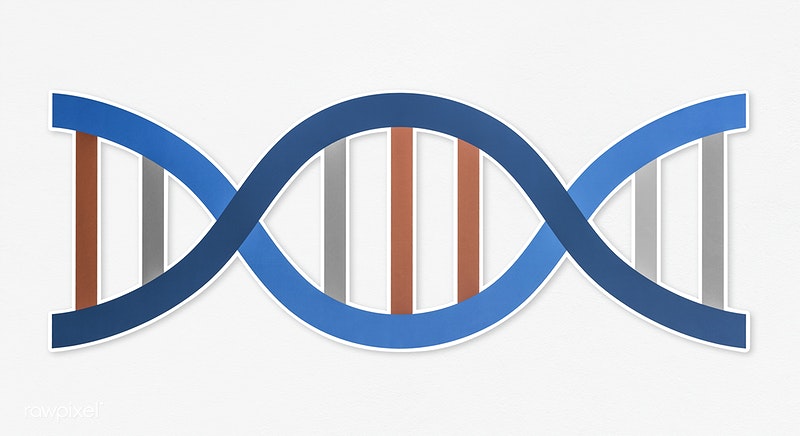10/19/2018
Profiled article
E. Waltz, “How Genealogy Websites Make It Easier to Catch Killers”, IEEE Spectrum, Oct. 11, 2018. [Online]. Available: https://spectrum.ieee.org/the-human-os/biomedical/ethics/criminals-getting-easier-to-find-thanks-to-genealogy-websites [Accessed: Oct. 16, 2018].
About the article author
Emily Waltz is a science journalist for IEEE Spectrum who specializes in the intersection of technology with the human body.
Profile
This week we enter the realm of biomedical engineering and explore Emily Waltz’s piece on the use of genealogy data to identify long-uncaptured serial killers. Genetic genealogy services have exploded in popularity over the last few years, with over 17 million people using services like AncestryDNA and 23andMe. One such service, GEDMatch, differs from its more popular counterparts in one key way: it’s open source. Not only can you examine your own DNA results but also those of anyone whose data has been uploaded into GEDMatch’s database. Because DNA data from crime scenes is often preserved, criminal investigators can upload their suspect’s genetic information into the database and hope that one of the suspect’s second or third cousins has used the genealogy service at some point. Then taking into account other factors about the crime, such as its time and location, law enforcement can reduce the pool of suspects to a manageable list of fewer than 20 people. Waltz writes, “If just 2 percent of a population gives DNA to an ancestry service, nearly 99 percent of that population will find a relative, a third cousin or closer, in that service’s database.” However, many of these databases are legally protected, and law enforcement officers may need a court order to conduct a search. Waltz spoke with Yaniv Erlich, CEO of the ancestry database service MyHeritage, about some of the ethical implications of exploiting these genealogy services. It turns out that not only do these searches sometimes yield false positives, but it is also possible to use genealogy databases to identify past research subjects of genetic studies. This becomes even more troubling, because recently the people conducting these investigations have not been limited to law enforcement agencies. Other entities, such as the DNA Doe Project and Parabon Nanolabs, are conducting their own long range familial searches. Is it ethical to search for criminals using ancestry database services? What checks and balances should be placed on criminal investigations that use genealogy data? Should non-law enforcement entities be permitted to conduct long-range familial searches?
Related Links
For the original report published in Science: http://science.sciencemag.org/content/early/2018/10/10/science.aau4832
The GEDmatch database: https://www.gedmatch.com/login1.php
A representative for the Parabon Nanolabs speaks to Buzzfeed: https://www.buzzfeednews.com/article/peteraldhous/parabon-genetic-genealogy-cold-cases#.yyz8oGQWd

